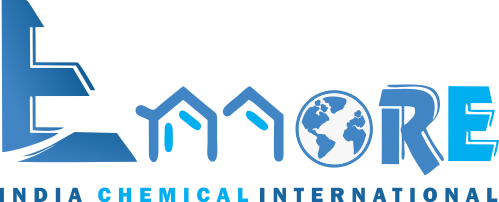RO Antiscalant,Antiscalant manufacturers, Antiscalant suppliers in chennai
Antiscalant Chemical is a liquid antiscalant for RO membrane system. Antiscalant Chemical controls inorganic scales of calcium, magnesium, barium, stronium, fluoride, iron and silica.
Antiscalant is a pretreatment water additive for reverse osmosis system that is highly effective in preventing the membranes from scaling. Before the feed water enters the reverse osmosis membrane, an antiscalant is injected into the water and sent the through the system.
vizag chemical range of high-performance reverse osmosis chemicals are based on advanced formulations and include RO membrane cleaners and detergents, scale inhibitors and antiscalants, corrosion inhibitors, biocides, antifoulants, de-chlorinators, and flocculants.
Antiscalant Balls are pretreatment products formulated to prevent, rather than remove, scaling and inorganic fouling. A preventative system maintenance program with the antiscalant balls reduces membrane cleaning requirements while enhancing your ro system performance.
Antiscalant work
Antiscalant is a pretreatment water additive for reverse osmosis system that is highly effective in preventing the membranes from scaling. Before the feed water enters the reverse osmosis membrane, an antiscalant is injected into the water and sent the through the system.
Scaling and Antiscalants
Scaling means the deposition of particles on a membrane, causing it to plug. Without some means of scale inhibition, reverse osmosis (RO) membranes and flow passages within membrane elements will scale due to precipitation of sparingly soluble gas, such as calcium carbonate, calcium sulfate, barium sulfate and strontium sulfate. Most natural waters contain relatively high concentrations of calcium, sulfate and bicarbonate ions.
In membrane desalination operations at high recovery ratios, the solubility limits of gypsum and calcite exceed saturation levels leading to crystallization on membrane surfaces. The surface blockage of the scale results in permeate flux decline, reducing the efficiency of the process and increasing of operation costs.
The effects of scale on the permeation rate of RO systems is illustrated in the following figure. Following an induction period, plant flow decrease rapidly. The length of this period varies with the type of scale and the degree of super saturation of the sparingly soluble salt.
